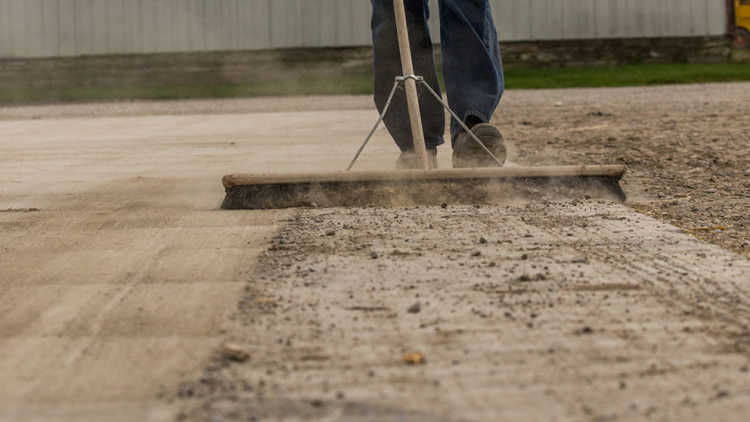What to consider when hiring inexperienced farm workers

A deliberate, steady approach to training can help bring new hires up-to-speed efficiently.
Training employees takes time – particularly if they have no prior experience with farm tasks. However, human resource and safety experts say a deliberate, steady approach to training can help bring new hires up-to-speed efficiently and effectively while protecting a farm business.
Don’t skimp on training
Marcel Hacault, retired executive director for the Canadian Agriculture Safety Association (CASA), says standard hiring practices involve matching skill sets to the necessities of a job. But in cases where those skill sets are not specifically available, he reiterates the importance of patience in training, and not assuming new employees know how to complete tasks.
That means making every attempt to take enough time to effectively communicate how a job should be done and include verbal instructions and supervised hands-on experience. Employees should also be made aware of any hazards, preparedness and prevention.
“Have them sign-off that they’ve completed the training,” Hacault says. CASA’s FarmSafe Plan includes full details for developing a farm safety plan, as well as a sample farm contractor safety responsibility checklist.
Additional training via external resources is another option. Examples include:
Daily farm safety YouTube videos by American-based Progressive Agriculture Safety Days
Clarify who's responsible for new employee access to proper work clothing, such as safety boots, glasses and gloves. And, if the employee is responsible, farmers should outline the required safety standards before they make any purchases.
The advantage of new workers
Hacault says individuals with little or no farm experience can also mean they haven’t developed any unsafe work habits, as can be the case for those comfortable working on farms. Entering the job unaccustomed to a farm environment may mean workers are more careful in a new work environment.
“Sometimes, it’s nice to have someone that has an interest and comes in with a clean slate,” says Hacault.
Pay attention to soft skills
Unlike technical skills such as machinery maintenance, says Dawn Hillrud, a farmer and human-resource consultant with Kn/a HR in Saskatchewan, soft skills cannot be taught.
Whether someone shows up on time, is a good team player or is “a self-starter,” for example, can have a major impact on a business. However, her experience shows farmers tend to value pre-existing technical skills more.
Asking about a person’s work-related accomplishments, how they managed past conflicts and problems and other questions designed to flesh-out an individual’s soft skills can help identify whether the person is a good fit for the farm business.
Legal protection
“It’s a good idea to have some kind of workers-compensation coverage to protect from liability,” Hacault says, noting if contractors are coming to the farm, the farm owner should confirm the workers have compensation coverage.
“Ultimately, you’re responsible if they don’t,” Hacault says, adding that understanding and abiding by provincial labour legislation is critical.
Hillrud also says farmers need to keep in mind harassment policies.
“It’s your responsibility to provide a workplace that’s safe and free of harassment,” she says.
Bottom line
Bringing workers with no farm experience requires deliberate planning to ensure proper introductory training and job-matching skills. Use available online safety resources, experts say, and have employees sign-off on training requirements. And don't ignore interpersonal skills like problem-solving as it can add value to the workplace.
Article by: Matt McIntosh
